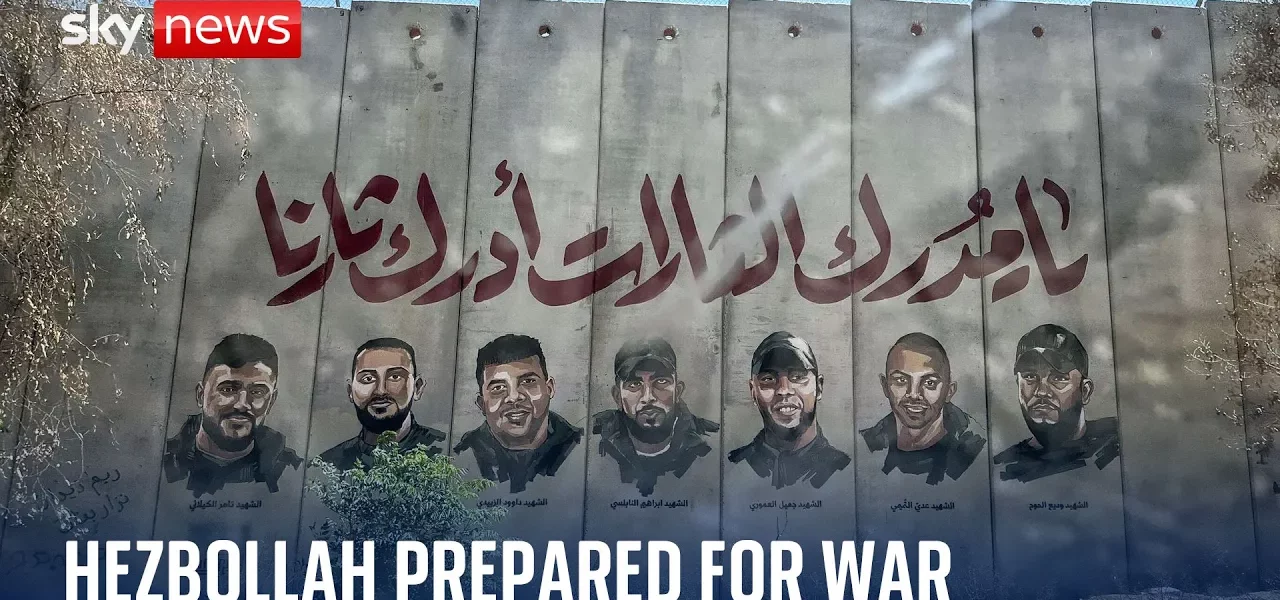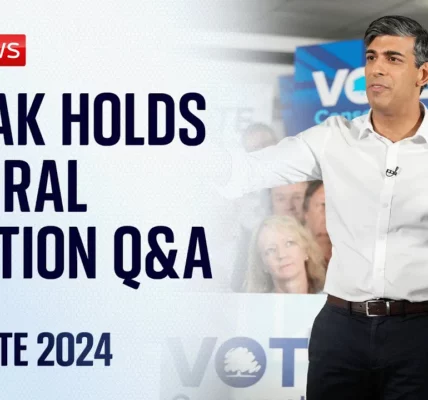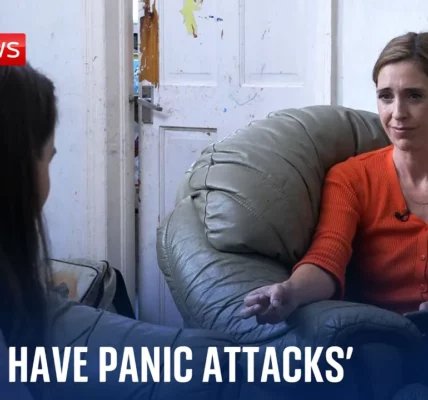Escalating Tensions: UN Peacekeepers on High Alert Along the Israel-Lebanon Border

The situation along the Israel-Lebanon border is precarious, with UN peacekeepers on high alert amid rising military exchanges. This article delves into the current state of affairs, highlighting the dangers faced by both communities, the implications of ongoing military actions, and the broader context of regional stability.
Introduction
The United Nations peacekeepers stationed along the Israel-Lebanon border are currently on high alert due to escalating tensions between Israeli forces and Hezbollah. Reports indicate multiple exchanges of fire and military strikes occurring in the region, signaling a potential escalation towards a more severe conflict. This article provides a comprehensive overview of the situation, examining the implications of these military actions and the humanitarian crisis affecting communities on both sides of the border.
Recent Developments in Border Tensions
The security situation along the blue line, which marks the border between Lebanon and Israel, has deteriorated significantly in recent weeks. UN peacekeepers have reported heightened military activity and multiple strikes exchanged between Hezbollah and Israeli forces. The following points summarize key developments:
- Increased frequency of military exchanges, with incidents occurring almost daily.
- Reports of civilian casualties and damage to infrastructure in both Lebanon and Israel.
- Warnings issued by UN peacekeepers for civilians to be prepared for potential escalations.
Humanitarian Impact on Local Communities
As the conflict escalates, the humanitarian situation for communities on both sides of the border has become dire. Many areas have been transformed into ghost towns, with residents fleeing due to the constant threat of violence. The following sub-sections explore the impact on local populations:
Destruction of Infrastructure
Numerous villages, particularly on the Lebanese side, have been reduced to rubble, making it increasingly difficult for residents to return safely. Key points include:
- Destruction of homes and businesses, leading to economic instability.
- Access to essential services, such as healthcare and education, has been severely hampered.
- Many families are displaced, seeking refuge in safer regions away from the border.
Psychological Effects on Civilians
The ongoing violence has also taken a toll on the mental health of those living in affected areas. The psychological effects include:
- Increased anxiety and fear among residents due to the unpredictability of attacks.
- Trauma experienced by children who witness violence, leading to long-term mental health issues.
- Community disintegration as families are forced to flee, leading to loss of social support networks.
Military Actions and Strategic Implications
The military strategies employed by both Hezbollah and Israeli forces are becoming increasingly aggressive, with implications that extend beyond the immediate conflict. Key dynamics include:
Targeted Strikes and Tactical Movements
Recent Israeli airstrikes aimed at Hezbollah commanders have escalated tensions further. Important aspects include:
- Strikes targeting Hezbollah positions deep within Lebanese territory.
- Increased use of advanced military technology, including drones and fighter jets.
- Claims by Israel that these actions are necessary for national security, yet they exacerbate regional instability.
The Role of International Observers
UN peacekeepers are facing significant challenges in maintaining peace and monitoring ceasefires. Their role is critical, yet complicated by the following factors:
- Limited ability to intervene directly in hostilities without risking their safety.
- Pressure to report on violations of ceasefire agreements that both parties may not honor.
- The need for a renewed commitment from the international community to address the root causes of the conflict.
Conclusion
The ongoing tensions between Israel and Hezbollah present a complex and dangerous situation that requires urgent attention. As military exchanges continue and communities bear the brunt of the conflict, the role of international peacekeepers becomes even more crucial. To mitigate the humanitarian crisis and work towards a sustainable resolution, it is essential for all parties to engage in dialogue and seek peaceful solutions. We encourage readers to stay informed about the developments in this region and support initiatives aimed at fostering peace and stability.
“`




